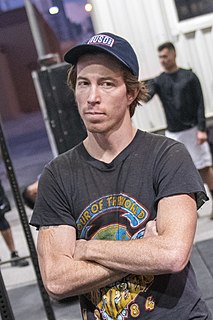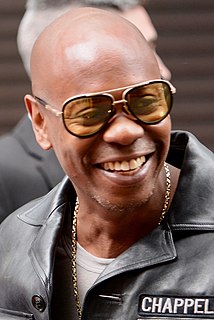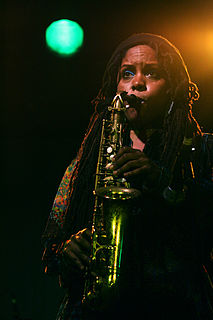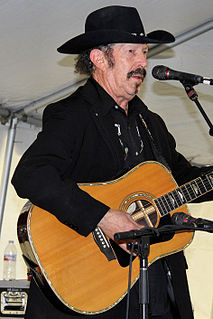A Quote by John Knoll
A lot of filmmakers understand that the work is done digitally, and it's technically possible to change it late in the game.
Quote Topics
Related Quotes
Yeah, it's odd when you look back at your own work. Some filmmakers don't look back at their work at all. I look at my work a lot, actually. I feel like I learned something while looking at stuff I've done in terms of what I'm going to do in the future, mistakes I've made and things at work or what have you.
If you really think back to the great writers, there's a lot of happiness in Tolstoy; there's a lot of love, there's childbirth, and there's dances. And likewise in Shakespeare and even Cervantes, there's a lot of celebrations of the positive manifestations of life. Technically, I found it harder to do, so that's kind of a good late-life challenge - without getting sentimental or chirpy.








































